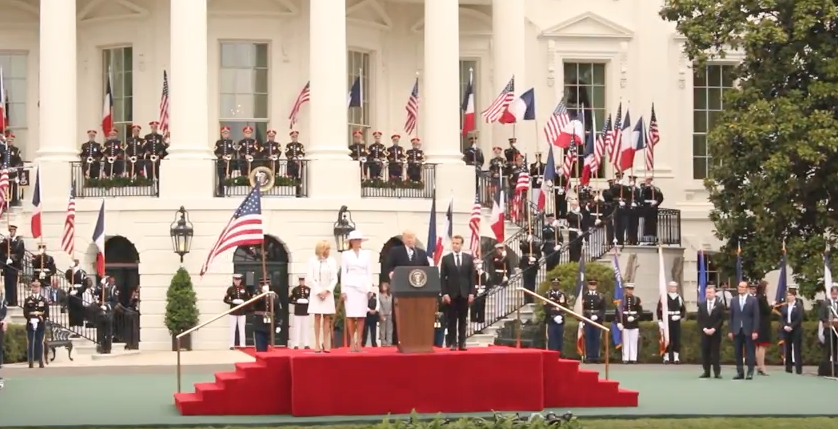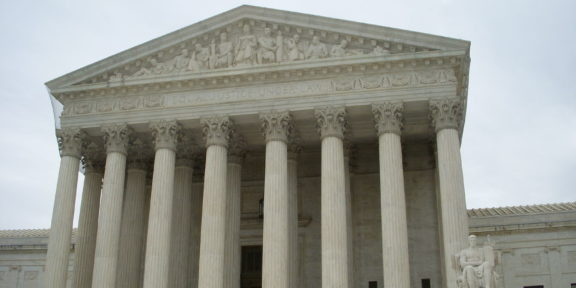Focus Turns to Iowa Caucus on Jan. 3
If it seems as if 2008’s presidential candidates started stumping the campaign trail earlier than ever before, it’s because they did.
That’s because primary season – when each party’s candidate is chosen as the result of state primaries and caucuses – is earlier than ever before.
The midway point for the 2008 primary season – Feb. 5 – is a full three months earlier than in the 1984 presidential election, according to political analyst Rhodes Cook’s Web site.
That could explain why some were anxious to find out if Sen. Barack Obama, D-Ill., would make a bid for the presidency as early as last year, and why some said former U.S. Senator Fred Thompson didn’t have much of a chance after waiting until September to throw his hat in the ring.
“As the number of presidential primaries has grown over the last generation, many states have concluded that the only way to guarantee their event some attention and relevance is to schedule it as early in the year as possible,” Cook said via e-mail. “Iowa and New Hampshire have done this for years, and have been vigilant about being the first caucus (Iowa) and primary (New Hampshire) states to vote.”
Iowa’s presidential caucus will be held Jan. 3. The date could have an effect on voter turnout among college students, as they will still be on winter break.
With 30,000 students, the University of Iowa accounts for half of Iowa City’s population.
“It’ll be difficult to face-to-face communicate with students to caucus, but hopefully we’ll see students caucus back home,” said Atul Nakhasi, president of the University of Iowa Democrats.
With voting set for Jan. 8, New Hampshire continues its reign as the first presidential primary in the country.
“Certainly, New Hampshire often sports the highest voter turnout because of its importance at the beginning of the primary season,” Cook said. “But voter interest is also affected by whether the primary or caucus has significant meaning, and the early events are not all of equal importance. For those that are significant, there is usually a surge in registration and turnout.”
Some states looking to boost their profiles in the presidential election are jockeying for position during primary season. Florida and Michigan are among the states that have scheduled their primaries earlier than usual.
“Since ’84, we’ve had a rush to be at the head of the pack, to have a greater impact on choosing the candidates,” said Brian Whitener, deputy communications director for the U.S. Election Assistance Commission.
The Democratic Party requires all states besides Iowa, New Hampshire, Nevada and South Carolina to hold primaries and caucuses no earlier than Feb. 5. States that violate the rule risk losing some or all of their candidates for the national convention, and candidates who campaign in those states face sanctions.
The Democratic National Committee (DNC) has punished Florida and Michigan by eliminating their delegates for the national convention.
The Republican National Committee prohibits all states from holding primaries or caucuses before the first Tuesday in November. The party penalized Florida, Michigan, New Hampshire, South Carolina and Wyoming by cutting their number of delegates for the national convention in half.
“I think it’s unfortunate that states are trying to displace the importance of Iowa and New Hampshire,” Nakhasi said.




